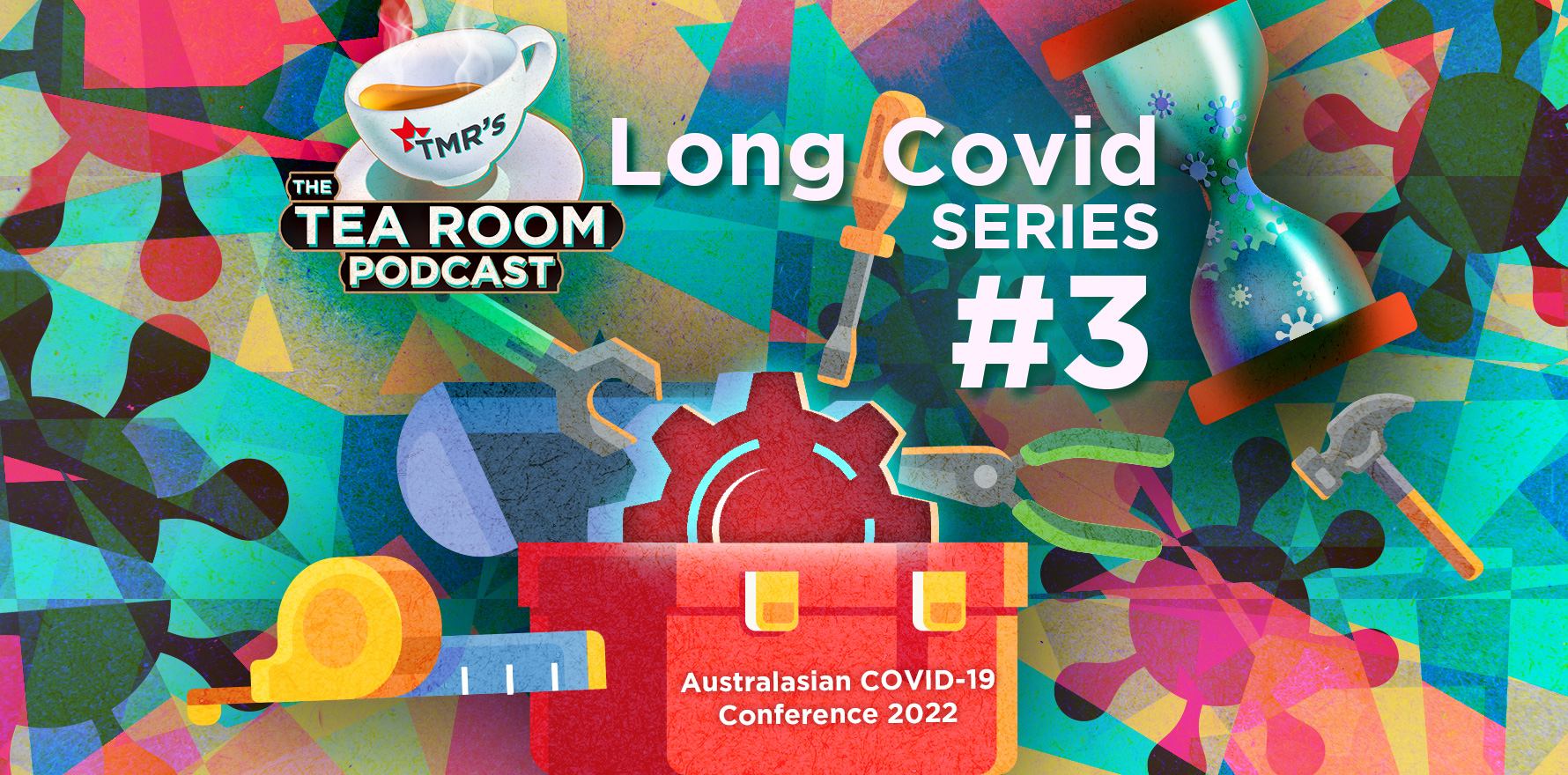Immune dysregulation is shaping up as the key feature of this highly variable legacy of SARS-CoV-2.
In this episode of our Tea Room long covid series we summarise the latest long covid research presented at last week’s Australasian covid-19 conference.
Professor Anthony Kelleher, director of the Kirby Institute, is seeking the cause of long covid.
What his team has found is persistent immune system dysregulation.
“There is ongoing activation of the immune system, in a range of compartments,” he tells The Tea Room. “The immune system is still producing the cytokines that it normally produces early in infection against the virus, that would normally turn off within a couple of days to a couple of weeks.”
Associate Professor Kari Lancaster, from the University of NSW, says “long covid” is possibly the first patient-made term in medicine, and explains how learning from patient experiences is central to effective treatment.
“The effects of long covid are likely to have uneven effects across different groups of disadvantage,” she says. “So, talking about what other kinds of community support and social support and social care might be available, alongside clinical care, is really important.”
You can listen and subscribe to the show by searching for “The Tea Room Medical Republic” in your favourite podcast player.


